Clean air zones (CAZs) are the latest in the slew of measures being taken by local governments to improve the breathability of the air in the UK's major towns and cities.
The idea is to reduce the number of highly polluting vehicles driving in densely populated urban areas and thereby improve air quality and in turn the health of locals.
This is often done by requiring drivers of vehicles with high emissions of nitrous oxides (NOx) and particulate matter (PM), which can cause respiratory illnesses, to pay a fee to enter such zones.
For example, London's Ultra Low Emission Zone (ULEZ) – the first major CAZ in the UK, introduced in April 2019 – charges drivers of non-compliant cars £12.50 per day.
Several towns and cities across the UK soon followed suit, introducing their own CAZs.
Here's our full guide to the nation’s CAZs, covering where they are, how they work and how to find out if your vehicle is compliant.
What are clean air zones and how do they work?
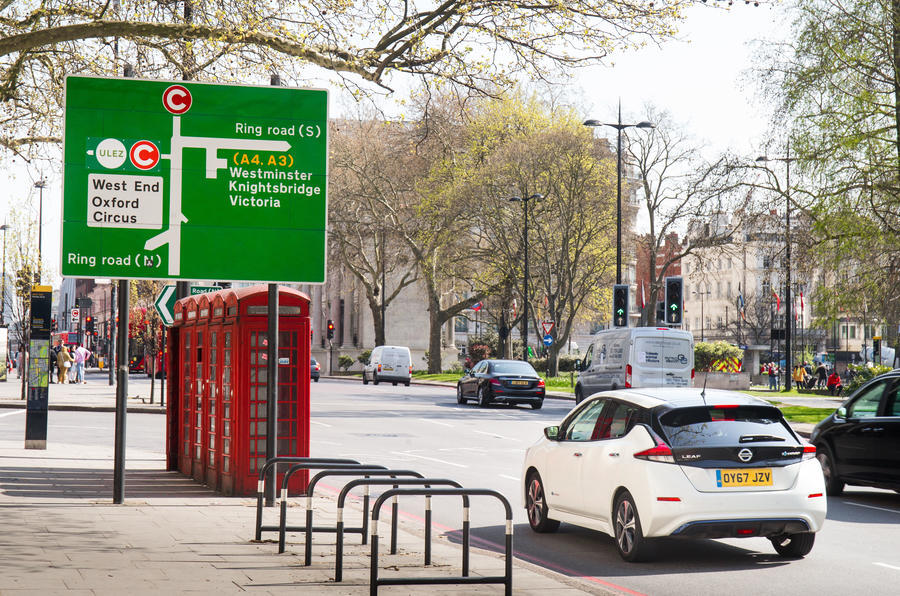
The basic premise of a CAZ is to discourage motorists from driving highly polluting vehicles into populated areas.
An area is marked out within a city, usually focused on population centres, such as a high street. Vehicles travelling within this zone and judged to be excessively polluting face charges, depending on the size of the vehicle.
Larger vehicles like lorries, coaches and buses that don't meet emissions requirements (explained in more detail below) are charged around £100, although this varies between cities.
Private hire cars, taxis and regular passenger vehicles that aren't compliant can expect to pay less but still incur a charge of around £10 a day.
Like London’s ULEZ, CAZs will be distinguished by signs to make motorists aware that they're entering the zone. They will also be ringfenced by numberplate-recognition cameras. These make a note of every vehicle that passes through the zone and checks them against a database to determine the charge.
Most CAZs will be in effect for 24 hours a day, seven days a week. No reprieve is granted for bank holidays.
How to pay ULEZ or other clean air zone charges
If you've driven into a CAZ (or if you plan to in the future), you will need to pay online or over the phone.
You will typically need the registration of the vehicle that has entered the zone, your name, address and email address and a method of payment.
The process should only take a few minutes, but some authorities have better payment platforms than others.
Entry into some CAZs, including those in Bath, Birmingham, Bradford, Bristol, Portsmouth, Sheffield and Tyneside, is paid for through the government’s own website at gov.uk/clean-air-zones.
Is my car exempt from the ULEZ and other clean air zones?
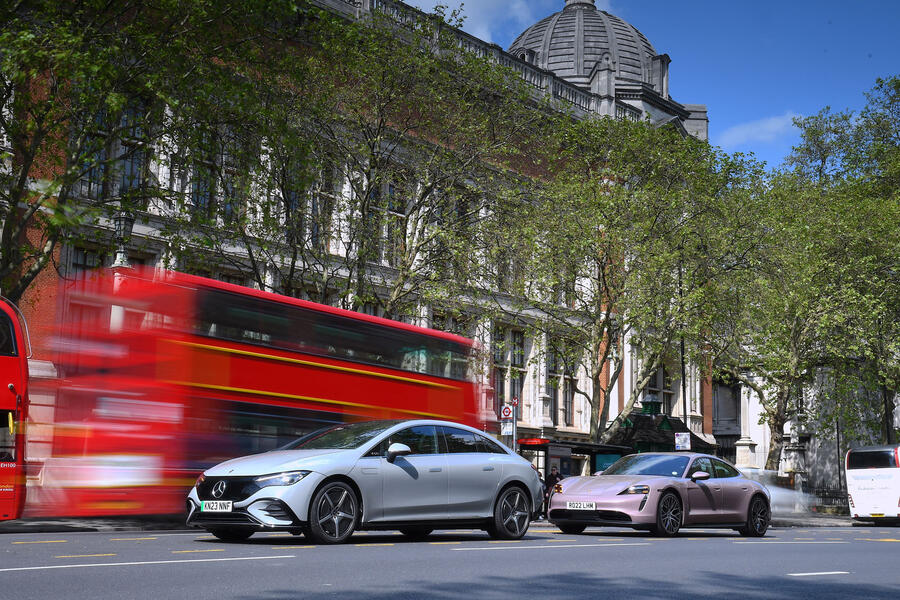
Since the goal of CAZs is to reduce emissions and improve air quality, drivers of vehicles with zero tailpipe emissions, such as electric cars, have nothing to fear. However, drivers of vehicles that do emit pollutants may be liable for charges.

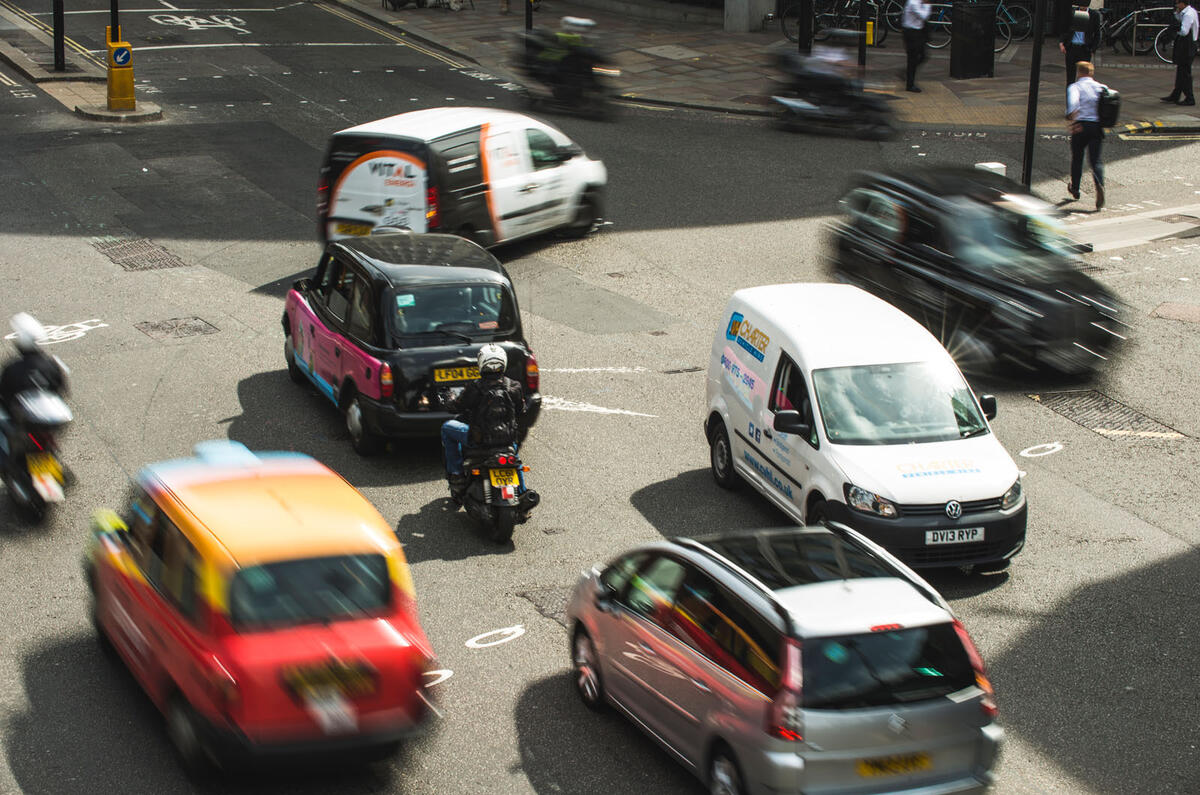



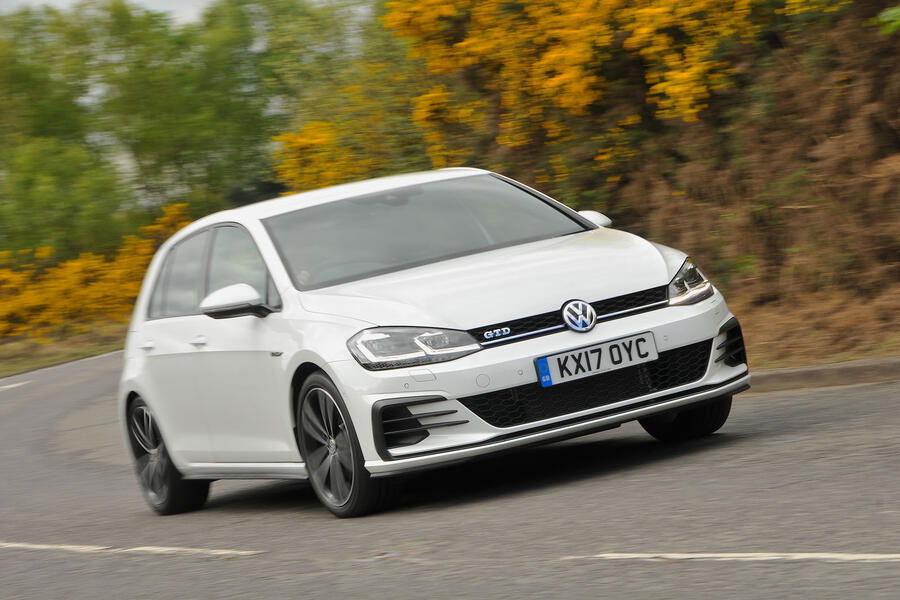



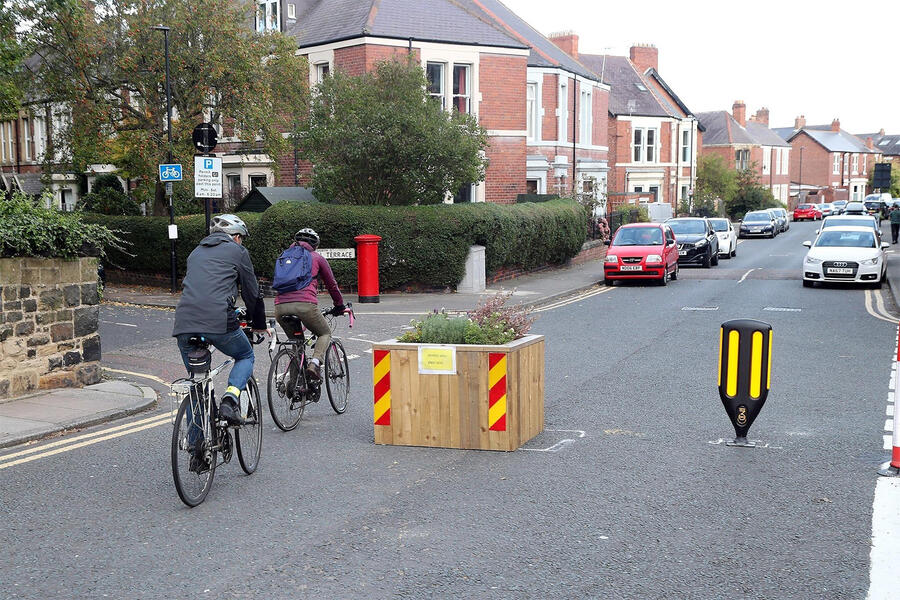





Join the debate
Add your comment
I am able to create $88/h to complete few jobs on home computer. t5 I’ve never thought that it’s even achievable but my closest mate earning $25k only within five weeks simply working this leading project & she had convinced me to join…Discover extra details by going following link....... wbs.onlinework.workers.dev
Does the city of Aberdeen Clean Air Zone include their Airport and harbour which serves our oil industry?
The information in the article on the Manchester CAZ is plain wrong. It didn't go live in May 2022 and is in fact still in consultation.